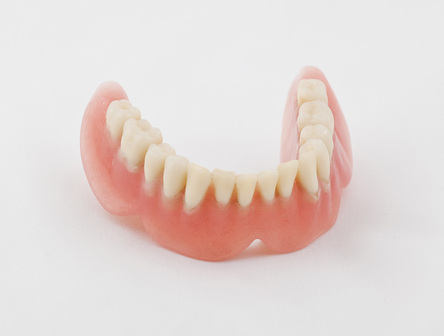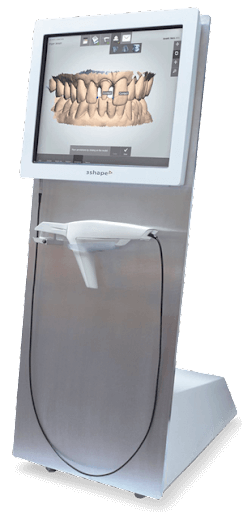Denture wear is a reality for many, ushering in discussions on comfort, functionality, and maintenance. Among these, the process of relining dentures stands out. It’s a procedure that refits the oral device to ensure comfort and efficiency, addressing the natural changes in the mouth’s landscape. This foundational shift in dental care opens a new chapter in the pursuit of optimal oral health and patient satisfaction.
At Next Dental Lab, we understand the need for precision in dentistry. Our selection encompasses a wide range of high-quality fixed dental solutions. We are dedicated to offering products that not only meet but exceed the needs of modern dental practices.
In the same breath, we pride ourselves on our innovative hybrid dentures and implant solutions. These offerings represent the forefront of dental technology, blending traditional craftsmanship with modern advances.
Recognizing When a Denture Reline Is Necessary

Dentures lose their fit over time due to changes in the wearer’s mouth. It’s a natural process. Dentists should watch for signs like discomfort, slipping, or difficulty in eating. These are clear indicators that a denture may need relining. Early detection allows for timely adjustments, improving the denture’s fit and the wearer’s comfort. Importantly, this step ensures that patients can continue to enjoy a good quality of life, making it a critical skill for any dentist.
Also, dentists must listen to their patients’ experiences. Complaints about sore spots or changes in speech can hint at the need for a reline. Personal observations combined with professional judgment guide the dentist in deciding the right time for a reline.
Assessing the Patient’s Oral Health Pre-Reline
A thorough examination of the patient’s oral health is essential before proceeding with a reline. This check ensures that no underlying issues, such as gum disease or bone resorption, will affect the reline’s success. Identifying and addressing any such concerns beforehand helps in achieving a reliable, long-lasting fit.
Equally, understanding the current state of the dentures themselves is critical. If they are significantly worn or damaged, there might be better options than relining. Instead, a new set of dentures could be more appropriate. This decision is crucial for both the patient’s oral health and the effectiveness of the denture.
Knowledge of the Longevity and Durability of Relines
Dentists should inform their patients about the expected lifespan of a reline. Generally, a professional reline can last several years with proper care. However, the actual duration can vary based on the patient’s oral hygiene, the materials used, and the reline. This knowledge allows patients to have realistic expectations and plan for future dental care needs.
Understanding the materials and techniques available for relining is also important. Some materials may offer more durability or comfort than others. Choosing the right one can make a significant difference in the patient’s satisfaction.
Being Aware of the Patient’s Comfort and Fit Expectations
A successful reline improves denture stability and comfort. Hence, discussing the patient’s expectations beforehand is crucial. This conversation should cover how the reline will affect the denture’s feel, appearance, and functionality. Aligning expectations with realistic outcomes helps ensure the patient is satisfied with the final result.
Additionally, dentists should consider the patient’s lifestyle when recommending a reline. For active individuals or those with a busy lifestyle, ensuring the relined denture will meet their needs is key.
Take the Next Step with Us
Explore the synergy of excellence and value with Next Dental Lab. Our commitment to providing quality dental products at 50% less speaks volumes. Join us in setting a new standard in dental care. Reach out today and see the difference for yourself.

